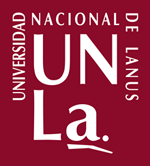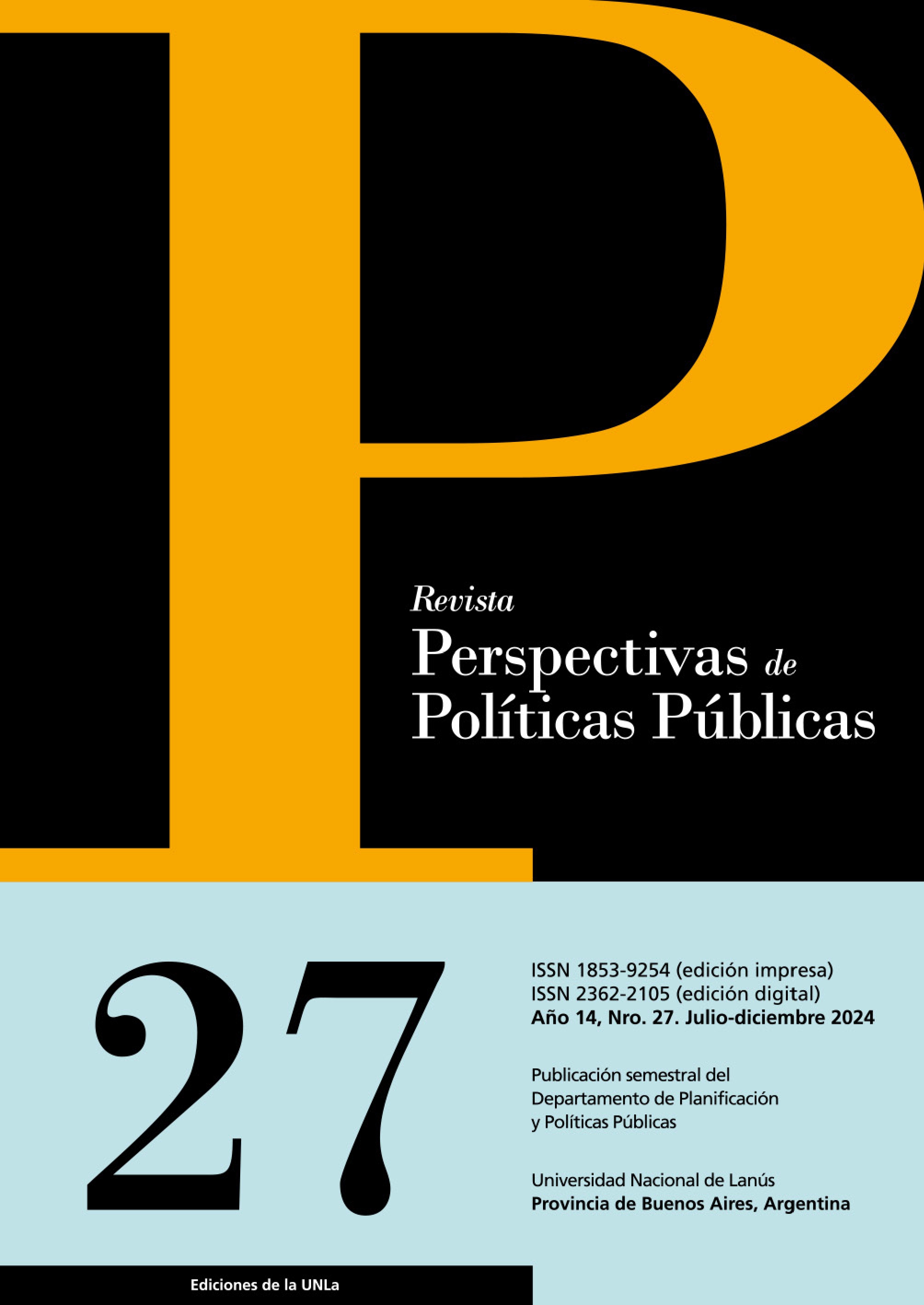Editorial
Abstract
The articles collected in this issue of RPPP focus on different but coinciding analyses of some of the things that are happening as an effect of the paradigm shift in public policies. The article by Josep Burgaya begins with the transformation and weakening of democratic and progressive critiques in the current global context: the mutation of a social left, critical of the structural configuration and contradictions of welfare state capitalism, into a cultural left that ignores the material foundations of collective imaginings. Although it takes Spain and the limitations and dead ends of social democracies as a reference, Burgaya's text is pertinent to the discussion in Latin America, and consequently in Argentina, of the limitations, weaknesses and regressions of some national-popular experiences or of "new socialism" in the region. Burgaya's work shows that, as far as cultural and symbolic issues are concerned, little or nothing appeared suddenly. None of the transformations that today trouble many happened by surprise, like "thunder on a sunny day," to use the old metaphor. In fact, the sky had been clouding for quite some time, even in the midst of experiences that are now longed for by many of those who suffer the effects of what is happening. The article by Rosa Valderrama Ríos and Francisco Herrera-Durán shows the persistence of social inequality in Chile, a paradoxical case in the Latin American neoliberal experiment launched under the auspices of a brutal dictatorship. The analysis points out the multidimensionality of social inequality, an issue that is present in other countries in the region. The text by Jazmín Castaño discusses several of the main mismatches between the “general metaphysical principles” on which the official paradigm of policy in matters of science, technology and innovation was based and its methodology and implementation instruments during the last years of the so-called “post-convertibility”. For his part, Francisco D’Alessio focuses on the political treatment of the real estate assets of the National State and the variety of objectives and interests that are mobilized around it within the State. On the eve of the new Argentine government to carry out the sale of these assets, which include extensive land and buildings that make up the historical heritage of the Nation, the heritage of the armed forces and that of public universities, the object of D’Alessio’s text acquires particular relevance. Notwithstanding the anti-state rhetoric, all these transformations are carried out, or at least attempted, by resorting to the power of the state as a mode of organization of political power. The reduction or defunding of state apparatuses and agencies goes hand in hand with the strengthening and expansion of the coercive power of the state. This issue was pointed out by an abundant bibliography from the very beginning of the neoliberal experiments and is currently exacerbated in the Argentine laboratory. “Free business and imprisoned people” was summed up by Eduardo Galeano in La canción de nosotros (1974) - to which the disappeared and murdered had to be added later. Even in representative democracy regimes that acted as a refuge and safeguard in times and regions of authoritarian outrages, the change in direction of the functioning of the State in terms of objectives, the erosion of the public and the political institutionalization of the interests of particular groups have had and are having. The article by Maximiliano López López studies the challenges facing the forestry development policy in Costa Rica: a country internationally recognized for its achievements in environmental matters but which has not been able to stay away from the prevailing political climate, the plurality of actors involved and the inadequacies of state management. The work also highlights the limitations and difficulties experienced, under current conditions, by the planning of public policies as a centralized exercise of state management, independently of its openings to the participation of actors in a society crossed by acute inequalities of power. The state, it is known, has been and is under fire in current debates. In the 1980s and 1990s, it was viewed with both hope and dismay. According to Douglas North's neoclassical approach, "The existence of the State is essential for economic growth; however, the State is the human source of economic decline" (Structure and Change in Economic History, 1984); Peter Evans saw the State simultaneously "as a problem and as a solution" (The Politics of Economic Adjustment, 1992). In the current winds, there is no longer room for doubt: the State is by definition the enemy to be destroyed, in everything that is not guaranteeing order and safeguarding property. Argentine President Javier Milei sees himself as a mole infiltrated into the State to destroy it from within (Infobae, June 6, 2024). As always, statements of this nature or equivalent cannot ignore the fact that the destruction of the state cannot be carried out without the intervention of the state, an issue that highlights how misleading it is to reduce the state to a matter of apparatus, organisms, processes and procedures, and their repercussions in matters of budgets, leaving aside its centrally political dimension, which consists of the way in which political power is organized at a given time or stage and place - which is what determines its aims and objectives and therefore how large or small, flabby or robust - the state apparatus will be. Therefore, in all cases and regardless of the paradigms of elaboration and management of public policies, the efficiency and effectiveness of the state are relevant issues, although they are not paid attention to in all cases. One of the dimensions in which this occurs is the public administration staff, possibly the most visible face of the state for ordinary citizens even in the digital times we live in. The text by Horacio Cao, Melina Levy, Diego Pando and Eduardo Salas presents the results of a study on the advances and challenges of the functioning of the labor regime included in the National Public Employment System, with emphasis on the administrative career regime and on the training programs and actions of permanent staff, from the perspective of specialists who played important roles in this matter. Oscar Hechavarría-Prade, Daniellys Mora and Abich Aniuska Montero Castro present a study of the political-institutional reforms in Cuba aimed at expanding citizen participation at the local level in the context of the constitutional reform of 1976, when the country was integrated into the geopolitical and economic scheme of the then USSR and the COMECON bloc. The article develops an institutionalist perspective that is little explored in the academic literature on Cuba; it allows us to appreciate the local initiatives promoted, the actors involved and in general the articulation between society and state around a specific issue, having as a backdrop the persistence, which continues to this day, of the US embargo. I would like to thank the colleagues from academic institutions in Latin America and the Caribbean who collaborated with their time, professionalism and good will in the external evaluation of the articles that make up the content of this No. 27 of the RPPP.






